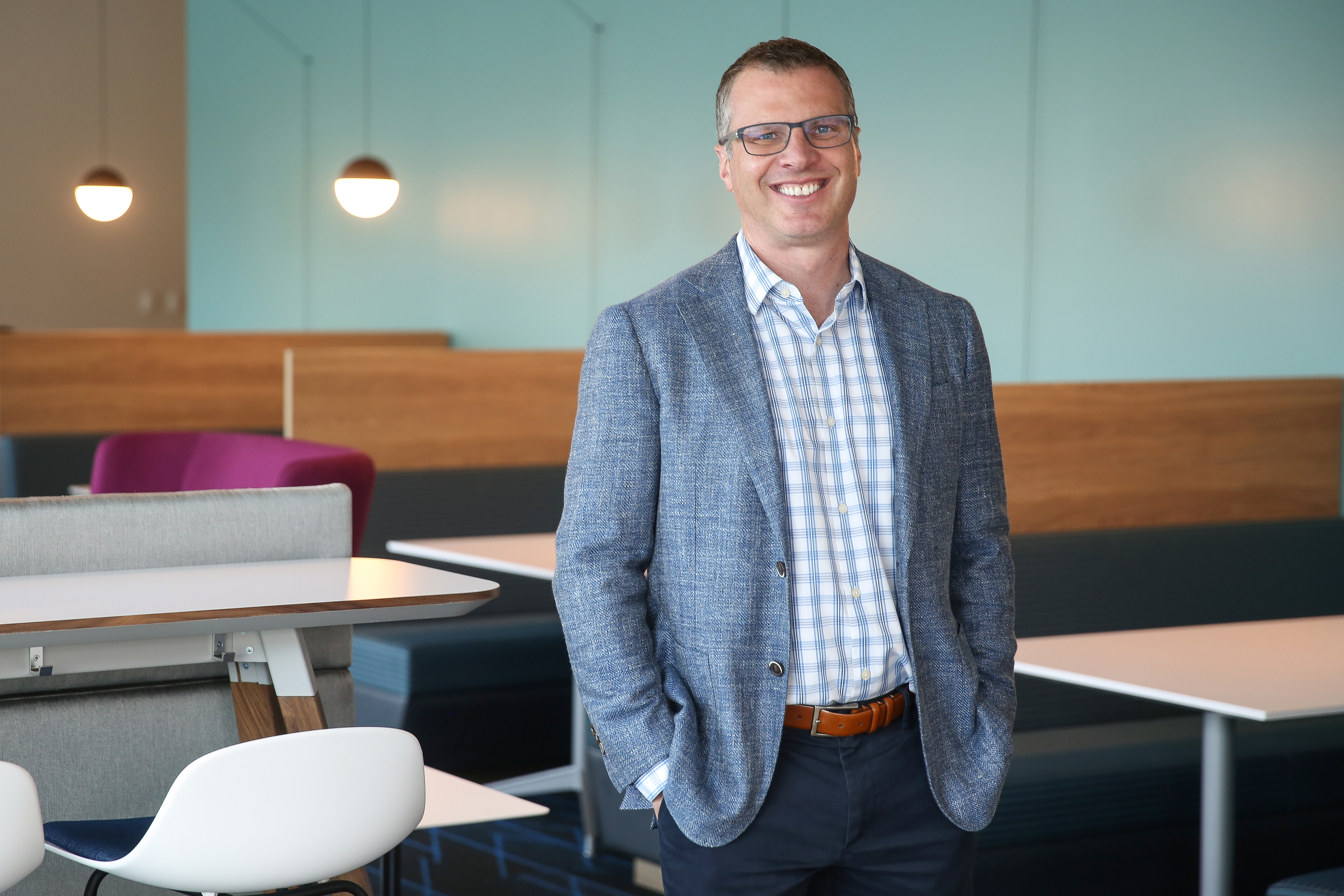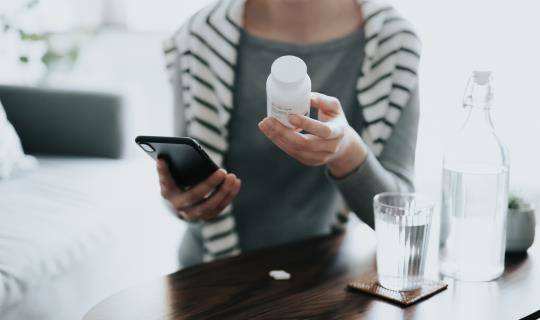How Tech-Enabled Solutions Impact Adherence
By AmerisourceBergen
Executive Q&A
The dynamic patient assistance landscape

Q: What are the top trends you see impacting therapy adherence today?
Tommy Bramley: At Lash Group, we’re always tracking the trends in healthcare that affect the way we support patients and our clients—both in the short- and long-term. Therapy non-adherence has proven to increase healthcare costs and may put patients at risk, so it continues to be a main focus for our clients.
Right now, one of the biggest trends we’ve seen is a planned increase in organizational technology investment. Our internal data shows that roughly 70% of patients utilize some type of reminder service, like texts, phone calls or email. From artificial intelligence and data management to analytics reporting and security, the harnessing of information to guide us is having a significant impact on the way we implement adherence programs for our clients.
Second, patients continue to become more involved in their own care and are looking to pharma manufacturers to provide the education they need.1 We also know there are multiple dimensions to non-adherence,2 with factors such as socio-economic status and patient health literacy contributing to therapy dropoff, and that there’s simply no one-size-fits-all approach to engaging patients in managing their own health. Manufacturers must help evolve patient support services that put individualized patient needs at the center of each program strategy.
In a 2016 study, 95% of patient services executives said they planned to invest in patient engagement technologies over the next 18 months.
Accenture. The Patient Is In: Pharma’s Growing Opportunity in Patient Services
Third, innovation and new solutions continue to pop up in the market. We’ve seen an increase in start-up companies specializing in behavior modification, care coordination or therapy fulfillment. They’re offering very distinct programs, but may lack the industry experience, resources and connectivity of a full-service service hub provider.
Q: How is the role of technology evolving in adherence services?
TB: Technology is a powerful enabler for services that promote access, affordability and adherence. It allows our counselors to spend more time interacting one-on-one with patients, and helps our patients feel more involved and in control of their journey. As it relates to adherence, there are key areas where advances in technology will have the most impact:
- Advanced patient support platforms can automate workflows to schedule and track tasks. At Lash Group, that means connecting patients with nurse counselors in real time.
- Machine learning and artificial intelligence (AI) solutions allow us to predict which patients require the most adherence support, then use tailored interventions to meet them where they are in their treatment journey. These technologies can also be deployed to address real-time needs and provide personalized clinical support.
- Mobile engagement apps increase connectivity with patients and help address early barriers to therapy by monitoring and engaging patients throughout their journey. Mobile technologies are a powerful tool for reaching patients before the first fill.
Pairing technology with high-touch patient interaction helps us reach patients on multiple levels and encourages continued adherence. It’s an approach that combines empathy and expertise—the merging of technology and people to make for the best outcomes.
Q: What does a “high-touch” approach mean?
TB: The most essential part of the human component of patient support is a patient-centric clinical program. Qualified nurse educators are critical to our programs. Lash Group’s Clinical Services is URAC-accredited for Core Standards. URAC accreditation is a symbol of excellence in healthcare organizations that are committed to achieving quality and practicing accountability. The Core Accreditation from URAC validates that a clinical team has defined policies and procedures that allow team members to quickly and effectively respond to and support the health concerns of their patients. It also confirms that support programs adhere to stringent access to Clinical Services for telephone performance, such as average speed of answer by a live person, average abandonment rate and callbacks to patients.
Q: What advice do you have for manufacturers looking to pick a patient support services partner?
TB: Experience is important, not just in the industry but in partnering with manufacturers to dig in and design a right-sized program that works for your patient population. Clinical excellence is critical. Overall, you want someone who is focused on continuous improvement, who is always asking what else is possible—how can we innovate to identify and address hurdles sooner?




